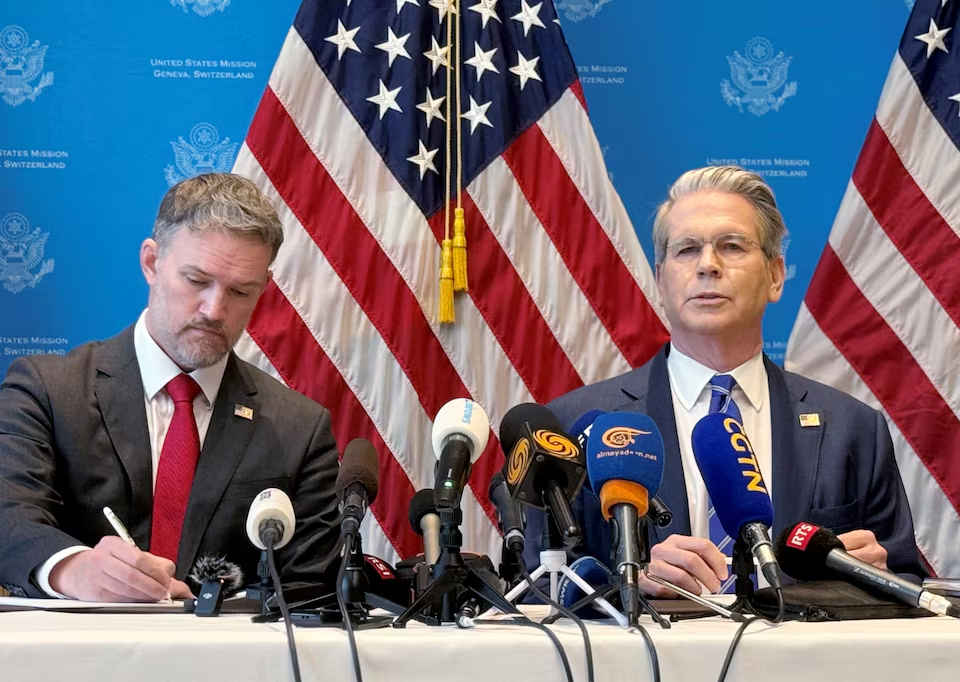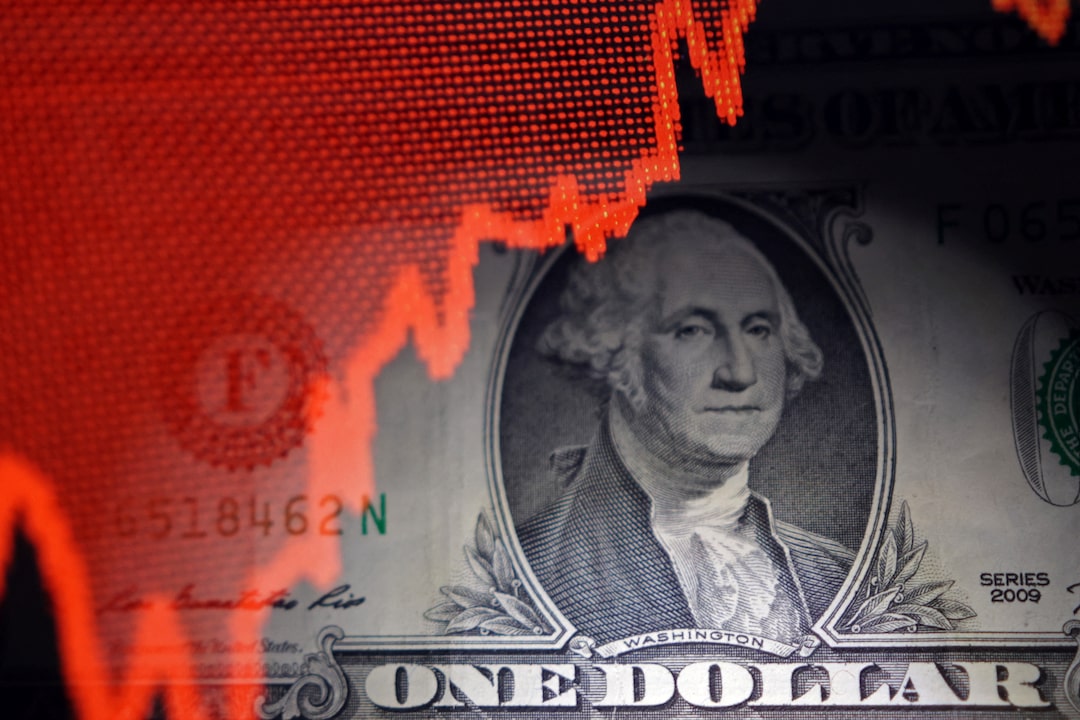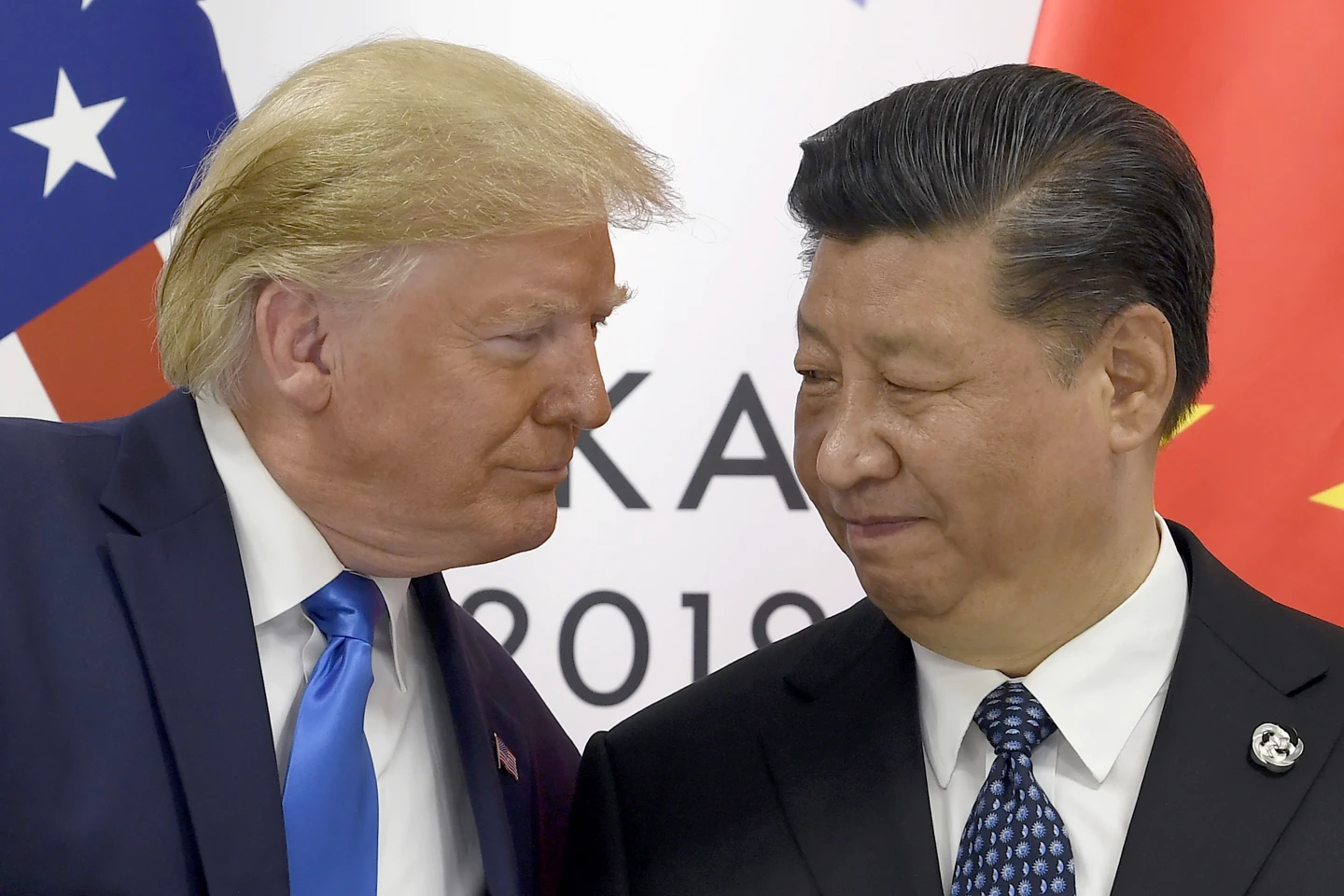Geneva, May 12, 2025 — In a significant development aimed at de-escalating the ongoing trade war, the United States and China have agreed to substantially reduce reciprocal tariffs and implement a 90-day pause on new trade measures. The agreement, reached during high-level talks in Geneva, marks a pivotal step toward stabilizing global markets and restoring confidence in international trade.
U.S. Treasury Secretary Scott Bessent announced that both nations have consented to lower existing tariffs to a baseline rate of 10%, a dramatic decrease from previous levels that exceeded 100%. This move is intended to alleviate the economic strain caused by the protracted trade dispute, which had disrupted supply chains and heightened fears of a global recession.
“Both countries represented their national interest very well,” Bessent stated during a press briefing. “We both have an interest in balanced trade, and the U.S. will continue moving towards that.”
The tariff reductions come after a series of tit-for-tat measures that saw the U.S. imposing tariffs up to 145% on Chinese imports, with China retaliating with tariffs as high as 125% and export curbs on rare earth elements. These actions had led to a significant slowdown in bilateral trade, with estimates suggesting a halt of approximately $600 billion in trade flows.
In addition to the tariff cuts, both countries have agreed to establish a new economic dialogue forum to facilitate ongoing discussions and address mutual concerns, including issues related to the trade deficit and fentanyl control.
Financial markets responded positively to the news. The U.S. dollar strengthened against major currencies, and stock futures rose, reflecting investor optimism about the easing of trade tensions.
While the agreement provides a temporary reprieve, analysts caution that the 90-day pause is a window for further negotiations rather than a definitive resolution. “The consensus from both delegations this weekend is neither side wants a decoupling,” Bessent emphasized, highlighting the mutual interest in maintaining strong economic ties.
As the global community watches closely, the success of this agreement will depend on the ability of both nations to build on this momentum and address the underlying issues that have fueled the trade conflict.
Source: Reuters



